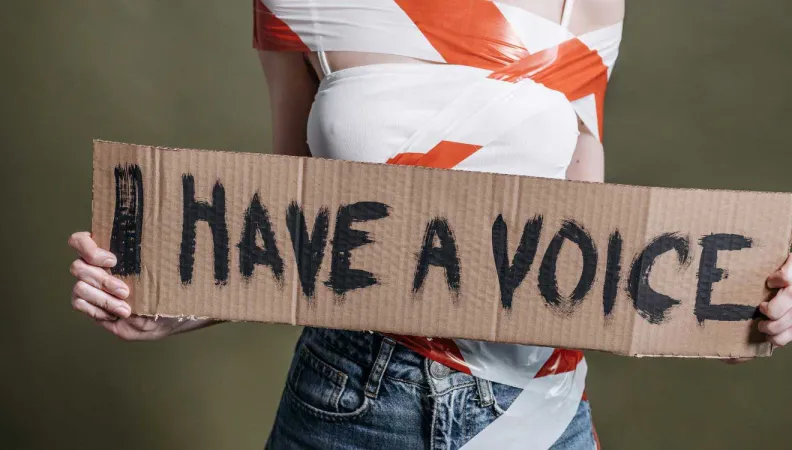Share the page
Support Fund for Feminist Organizations to Counter Setbacks in Women’s Rights
Published on

The Support Fund for Feminist Organizations (“FSOF” for Fonds de soutien aux organisations féministes) was announced by French President Emmanuel Macron in March 2019 and created two years ago, with an endowment of €120 million. FSOF is co-managed by the French Ministry for Europe and Foreign Affairs and Agence Française de Développement (AFD). It has become a pillar of France’s feminist foreign policy—and a valuable tool at this time of widespread offensives against women’s rights.
Indeed, we are witnessing significant setbacks in the rights of women and girls around the world. The recent decision of the Supreme Court against the right to abortion in the United States is but one example of these steps backwards, compounded by the return of the Taliban to Kabul and the consequences of the recent health, social and economic crisis. In contrast, there is growing recognition that reduction of gender inequality is a decisive factor for social progress. With all this in the background, celebration of the second anniversary of the creation of the Support Fund for Feminist Organizations (FSOF) is taking on special meaning.
See also: Support Fund for Feminist Organizations
The FSOF initiative illustrates our Group’s feminist position as well as our desire to accelerate progress in gender equality and to follow the roadmap adopted in 1995 at the World Conference on Women in Beijing. It’s also in line with France’s 2018–2022 international strategy on gender equality.
Supporting feminist civil society organizations
We are using this tool over three years to finance the fight for gender equality and defense of women’s rights. In practice, the €120 million of this fund supports civil society organizations (CSOs) working on feminist issues in the partner countries of France’s development and international solidarity policy. This is a welcome development, given that feminist organizations capture less than 1% of international funding dedicated to gender issues.
In 2021 alone, nearly €48 million was committed worldwide. More than 65% of these funds went to local women’s organizations in Africa and to small- and medium-sized CSOs. This approach has made it possible to reach organizations that traditionally have had little access to funding channels.
For example, the Feminists in Action collective, led by CARE France, has received €15 million for its work on sexual and reproductive health and rights. Smaller projects, including ones managed by French embassies abroad, also support the struggles of feminist CSOs. These latter work in different countries on various topics, such as in Ethiopia against gender-based violence, in South Africa and Lesotho on the economic empowerment of rural women, and in Tanzania against global warming.
See also: AFD and CARE commit to gender equality
The FSOF has gained in momentum since France’s 2001 Law on Inclusive Development and the resulting overhaul of its official development assistance. This law enshrines civil society as a key player in development and commits to an increase in the aid channeled through CSOs. France must make the strengthening of their capacities a core long-term response to the aggravation of gender inequalities and to the various collective crises undergone by our societies.
